UK prisons are ruining lives – so why is the government obsessing over trans women?
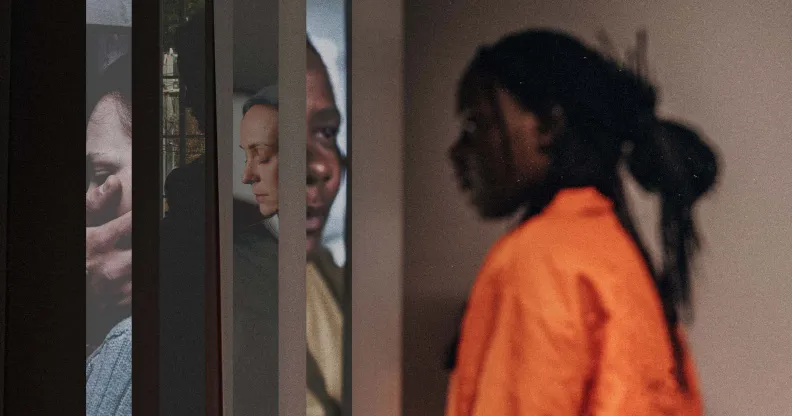
The UK prison system is not fit for purpose, abolition advocates say. (Getty)
The UK’s prison system is ruining women’s lives, a fact the government seems to be ignoring in favour of demonising trans women.
Justice secretary Dominic Raab has banned trans women convicted of violent or sexual offences, and those with penises, from women’s prisons.
He said the blanket rule is about “protecting the other female offenders” – exemptions will only be considered in the most exceptional of circumstances. But campaigners for prison reform are clear that of the many issues threatening prisoners, trans women aren’t one of them.
Before the change, trans prisoners have been housed according to “risk”. Figures released in November 2022 said there were just 230 trans prisoners in England and Wales, with a total of six trans women in women’s prisons out of a prison population of 78,058.
For prison reform advocates, it’s frustrating to see such an intense focus on trans prisoners by the government and the press when prisoners are facing actual issues. From the over-incarceration of Black youth to a booming prison population, the system is creaking at the seams – and change is long overdue.
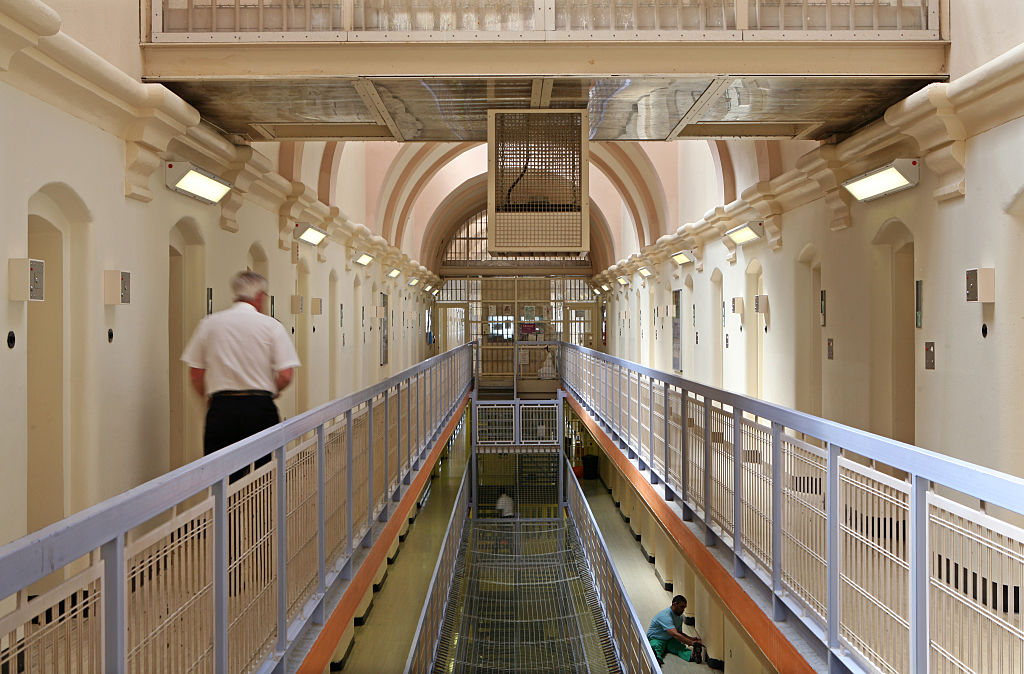
Andrea Coomber, chief executive of the Howard League for Penal Reform, says that cis women in prisons simply don’t have an issue with sharing the space.
“I have yet to go to a prison where anybody has raised the treatment of trans women, or the experience of cis women in the estate dealing with trans women, as an issue,” she says.
“I don’t think the public understand just how few trans women are actually kept in the women’s estate – I mean, it is a handful of women.”
The continued discourse is “distorting what’s really taking place in prisons”, Coomber says. When talking about vulnerabilities, Coomber says we should focus on the genuine, serious issues affecting women in prison every day.
“Most women in prison have been subjected to male abuse and have high levels of drug and alcohol dependency,” she says.
“To then say the issue is putting trans women in prison with them – I think we need to be asking a more fundamental question which is, why the hell are we locking up all of these women who are so vulnerable and have been subjected to such abuse?”
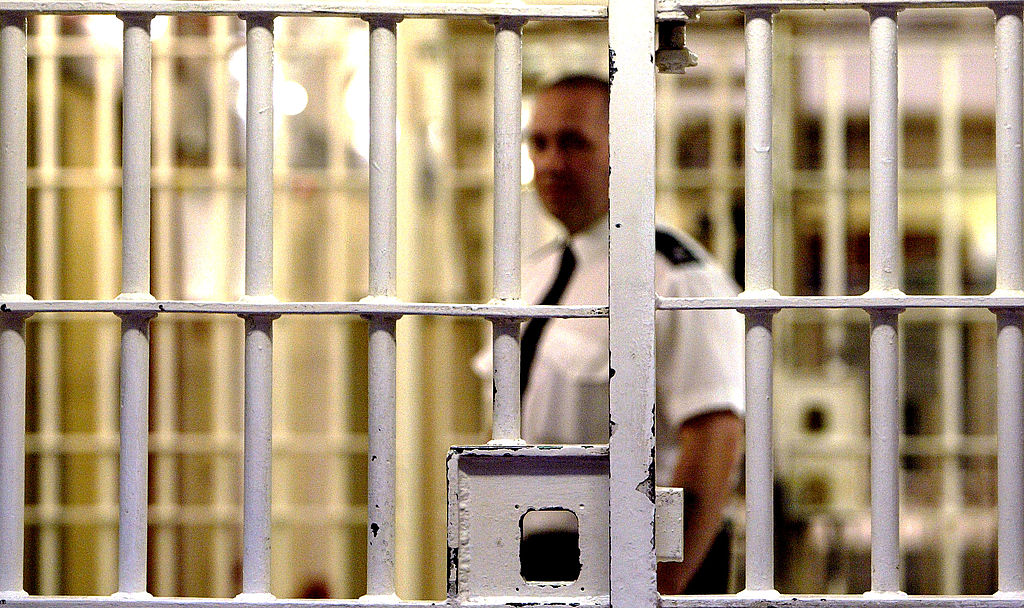
The actual issues she hears about every day range from poor conditions to proximity to family. Coomber points out that there are no women’s prisons in Wales, which means Welsh women are incarcerated miles away from their families.
“I had a letter last week from a woman in prison – she’s in remand, has three children under five, and she hasn’t seen them since last October when she was arrested because it’s a five and a half hour drive to the prison where she’s at.
“That makes life difficult for the prisoners but also for their families.”
She also hears from prisoners who say they don’t get out of their cells for more than a couple of hours a day due to staffing issues.
“Alongside that comes the mental health crisis of spending a lot of time alone. It wouldn’t be good for any of us.”
Suicide and self-harm are serious issues in prisons – Coomber has heard from people who have been left traumatised after witnessing fellow prisoners die by suicide.
In 2022, a trans man took his own life in a women’s prison. Friends said his indeterminate sentence was the reason he took his life, but added that he had received transphobic abuse from prisoners and officers.
There’s also institutional racism. Black people are more likely than their white peers to be imprisoned, and the impact is “devastating” on those communities, Coomber says.
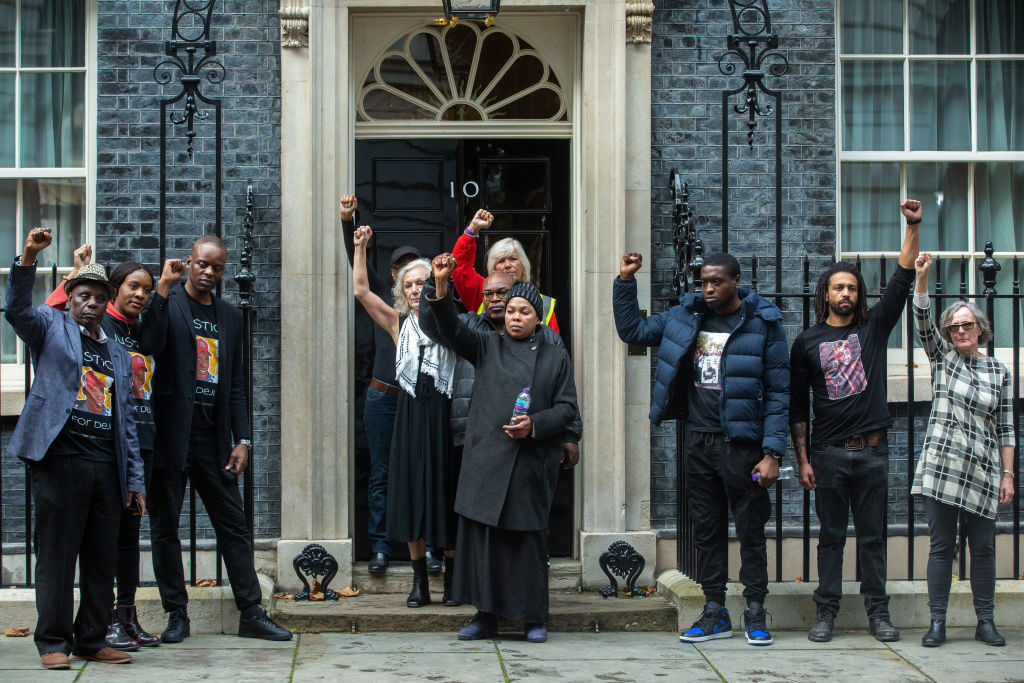
“Black people are disproportionately represented at every bit of the process. They’re over-policed, they’re over-prosecuted, they’re over-incarcerated, they’re over-convicted. At every stage, there are more Black people than there should be in the system.”
The solution is to stop incarcerating such large numbers of people.
“I think the government needs to really explore whether prison is an appropriate place for very many of these people,” she says.
“I appreciate that some people may need to be put in prison to protect the public for a certain period of time, but we are locking up people for more and more offences for ever-longer sentences.
“We’ve now got the biggest prison population in western Europe. The government needs to reflect on whether that’s a good use of public money.”
Endless debates about trans women distract from abolition goals
While many favour reform, others believe abolition of the prison system is the only way forward.
Mo Mansfield is a campaigner with Abolition Futures, an organisation working towards a future without prisons, police and punishment. Like Coomber, she’s more concerned about the conditions prisoners are living under than questions about where trans women should be incarcerated.
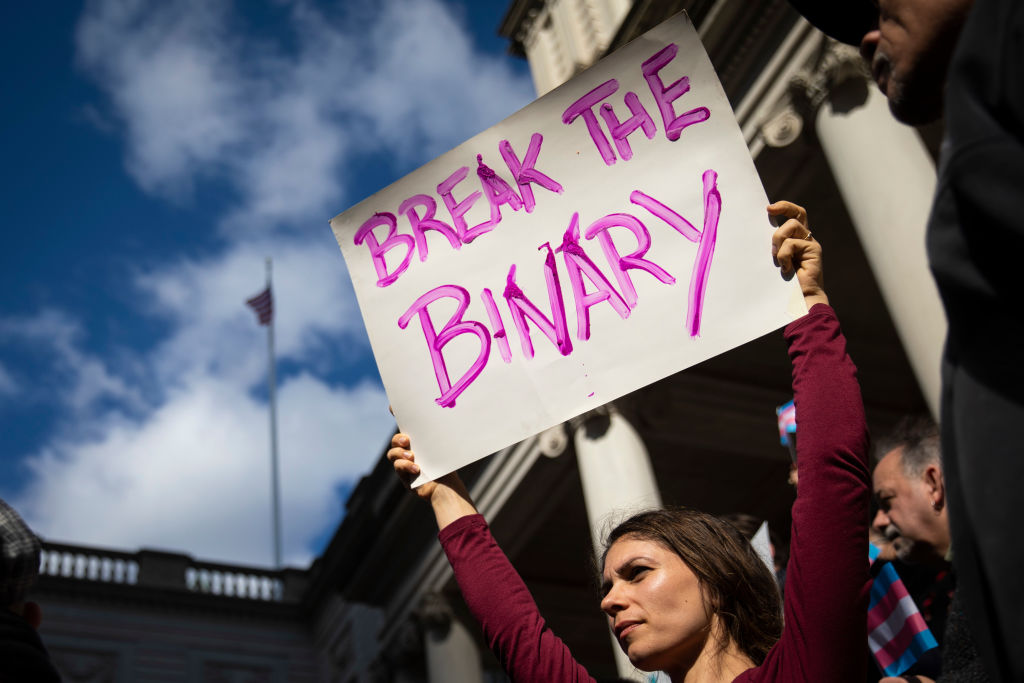
“There are really pressing concerns on the horizon that have little to do with the generated panic of how many trans prisoners there may or may not be,” Mansfield says.
She’s most concerned by government predictions that the prison population will grow sizeably in the coming years.
“We think that we need significantly less to no people in prison and that these are social issues that need to be dealt with upstream,” Mansfield says.
“We would say, along with a lot of reform organisations, that we need to invest in non-criminal or non-punitive institutions like schools, hospitals and housing rather than continuing to invest in prisons. The government has plans to build more prisons but they don’t seem to have plans to pay nurses or to house people.”
She adds: “Prison is an experiment that’s been going for over a hundred years now. It has never worked so continuing to build more prisons is not going to bring about any different results.”
That’s echoed by Cleo Madeleine, communications officer at trans charity Gendered Intelligence. She says it’s time for the government to enact radical change instead of repeatedly scapegoating the trans community for society’s ills.
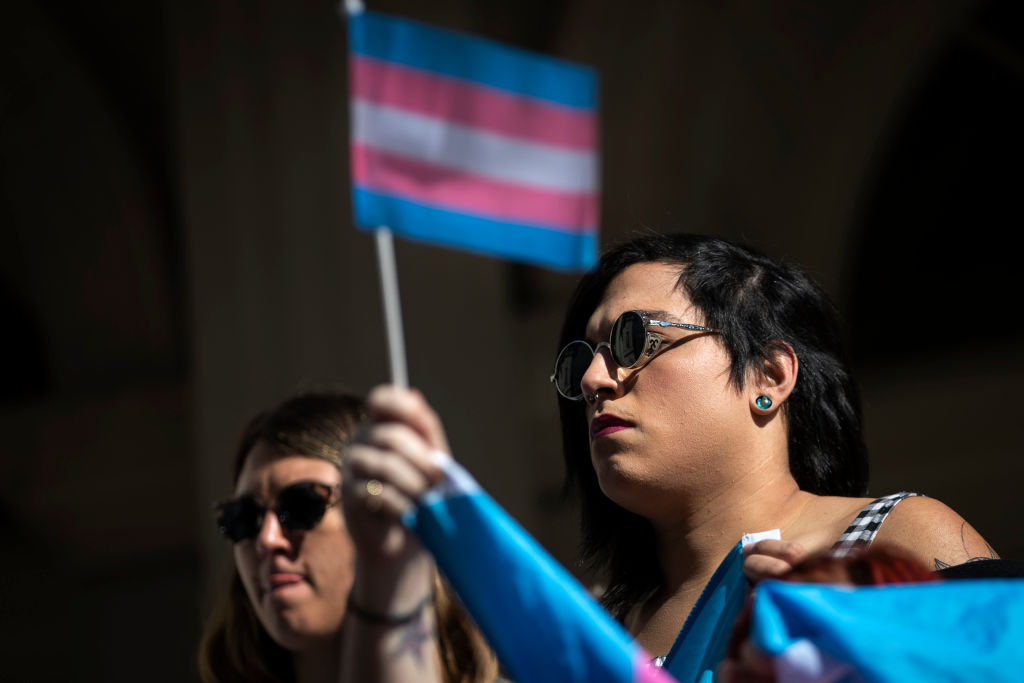
“If the justice secretary seriously wants to improve the quality of life and safety of incarcerated people – and particularly incarcerated women – he should look to poor living conditions, inadequate opportunities for rehabilitation, and abuses of power by prison staff,” she says.
The issues don’t even stop at the prison door – more than 12 million people in the UK have a criminal record, and many of those have never even been to prison.
Angela Cairns, CEO of Unlock, says criminal records are stopping people from applying for jobs and living their lives – but few in government seem interested in fixing the problem.
“We do know that people with criminal records often won’t apply for a job if they see they’re going to have to do a check, not because they’re trying to do anything underhand but because they are going to have to relive those things again,” she says.
“We want employers to think about employing people with criminal records as a diversity and inclusion issue.
“Employers should be trying to get the best people for the job and they often miss out on those people because of criminal records.”

